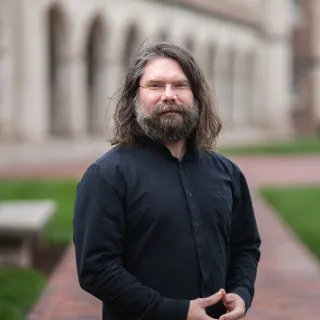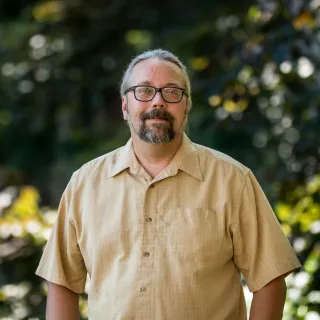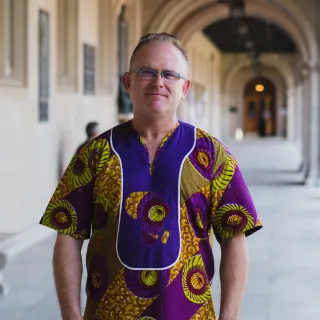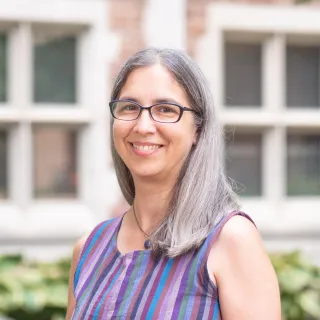Theme Overview
Being a citizen of a modern democracy increasingly requires making decisions informed by our understanding of scientific consensus and the backing evidence. These decisions affect our environment, public health, state infrastructure, and government at every level. Identifying trustworthy academic research and journalism while resisting misguided public opinion and malicious disinformation campaigns can be daunting, particularly when we reflect on our own vulnerability to cognitive biases. Citizen Scientist aims to develop the ability to distinguish meaningful expertise from self-interested distortions and status quo platitudes. Inspired by our shared civic responsibility, Citizen Scientist teaches students to analyze and generate evidenced-based arguments that engage opinion, policy, activism, journalism, personal experience, and the research university.

"I think of citizen scientist as a meeting ground for political consciousness and the scientific method. It’s my hope that students emerge from the class with a strong sense that scientific research doesn’t happen independently of social and political investments in the institutions that sustain it. Where and how a society chooses to direct its energies says a lot about its values, so personally, I’d like to see more researchers thinking through the politics of their work and more citizens asserting themselves when it comes to demanding evidence-based policy making for the greater good as opposed to ideological policy making for the privileged few."
--Nathaniel Farrell, PhD, Senior Lecturer in College Writing

"I think it's important that we encourage our students to think of themselves as writers, as scholars, and as citizens, but also as scientists. Science can and should be demystified; it should not be the sole domain of the lab or the specialist. Rather science is, as Orwell defined it: "a method of thought which obtains verifiable results by reasoning logically from observed fact." That's a method, not a specialization, and it's a method that all of our students can participate in as they write in this (or any) course (and beyond)."
--Roy Kasten, MA, Lecturer in College Writing
Key Questions that Students May Grapple with in the Course:
- What role does political affinity play in attitudes about scientific consensus?
- How have communities partnered with researchers and/or scientists to study and/or intervene in critical issues (e.g., regional pollution, urban planning, access to resources)?
- What responsibilities do scientists have when it comes to politically fraught research?
- What challenges do journalists and scientists navigate when communicating scientific research to the public?
Sample Course Topics:
- the role of citizen scientists in environmental and social justice activism
- indigenous responses to colonialist research
- scientific expertise in policy-making
- disparities in medical care based on race and/or class
- climate change and intergenerational justice
- scientists efforts at communicating with broad audiences
- environmental justice in the St. Louis region
- the role of science in understanding and reducing different forms of violence
Examples of Research Projects Pursued by Students in this Theme:
- "Parallels in Infrastructural Failures between Flint Water Crisis and Hurricane Katrina"
- "Gender Diversity in Hiring Patterns within the WUSTL Physics Department"
- "The Necessary Harm of Legacy College Admissions"
- "The Work in Ukraine: The Surprising Impact of International Volunteerism and Solidarity"
- "Should WUSTL Pursue Fossil Fuel Divestment in its Endowment?"
- "Rethinking Big Bend Boulevard: Marking St. Louis More Walkable and More Livable"




